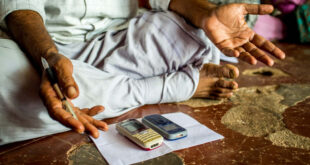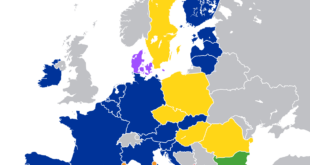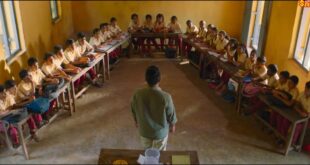GS-2
CLOSURE OF SCHOOLS DUE TO COVID IMPACTED 247 MN CHILDREN IN INDIA: UNICEF
As many as 1.5 million schools remained shut during 2020 due to the pandemic and lockdowns, impacting 247 million children enrolled in elementary and secondary schools in India, according to data released by UNICEF.
Report:
- Online education is not an option for all as only one in four children has access to digital devices and Internet connectivity.
- Pre-Covid, only a quarter of households (24 per cent) in India had access to the Internet and there is a large rural-urban and gender divide.
- It raised concerns on a higher dropout rate in schools once classes recommence.
- The data released by UNICEF notes that more than 888 million children worldwide continue to face disruptions to their education due to full and partial school closures.
- The analysis of school closure reports notes that 14 countries worldwide have remained largely closed since March 2020 to February 2021.
- Two-thirds of those countries are in Latin America and the Caribbean, affecting nearly 98 million schoolchildren.
- UNICEF has said that even before the Covid-19 crisis began, over six million girls and boys were already out of school in the country.
UNICEF:
- UNICEF, also greatly known as the United Nations International Children’s Emergency Fund,[a] is a United Nations agency responsible for providing humanitarian and developmental aid to children worldwide.
- The agency is among the most widespread and recognizable social welfare organizations in the world, with a presence in 192 countries and territories.
- UNICEF’s activities include providing immunizations and disease prevention, administering treatment for children and mothers with HIV, enhancing childhood and maternal nutrition, improving sanitation, promoting education, and providing emergency relief in response to disasters.
- UNICEF is the successor of the International Children’s Emergency Fund (ICEF), created on December 10, 1946, in New York, by the U.N. Relief Rehabilitation Administration to provide immediate relief to children and mothers affected by World War II.
- UNICEF relies entirely on contributions from governments and private donors.
- The board is made up of government representatives elected by the United Nations Economic and Social Council, usually for three-year terms.
- UNICEF’s programs emphasize developing community-level services to promote the health and well-being of children.
- UNICEF has received recognition for its work, including the Nobel Peace Prize in 1965, the Indira Gandhi Prize in 1989 and the Princess of Asturias Award in 2006.
SOURCE:THE HINDU
 Chinmaya IAS Academy – Current Affairs Chinmaya IAS Academy – Current Affairs
Chinmaya IAS Academy – Current Affairs Chinmaya IAS Academy – Current Affairs



